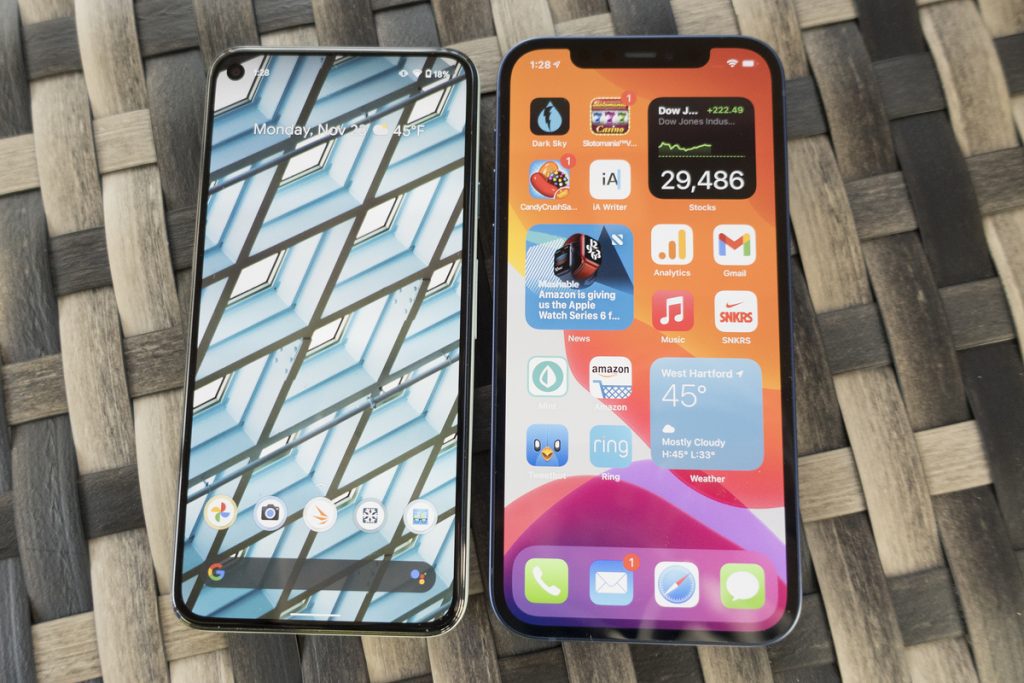When the first Pixel phone debuted, many anticipated it would rival the iPhone. However, the reality was quite different. The Pixel struggled to find its place among the top-selling Android devices, facing a myriad of bugs and issues with each launch.
This narrative might shift with the upcoming Pixel 6. Recent reports suggest that this new model will feature Google’s first-ever system-on-chip, codenamed GS101 Whitechapel. If true, this would position the Pixel 6 as one of the few U.S. Android phones not reliant on Qualcomm’s Snapdragon processors. Interestingly, Google has reportedly collaborated with Samsung on this chip, which could share some design similarities with Samsung’s own processors.
A Shift in the Chip Landscape
Currently, most smartphones in the U.S. utilize Qualcomm chips, making a Google-designed processor a significant departure. This homegrown chip could reinvigorate the Pixel brand, which has faced challenges in gaining a strong foothold in the competitive smartphone market. Apple’s long-standing practice of developing its own chips, beginning with the iPhone 4, has given its devices a notable edge in performance and efficiency.
While Google has previously dabbled in chip development—creating components for AI tasks and enhancing image processing—this move towards a complete system-on-chip represents a new frontier. Unlike the Pixel’s past initiatives, a custom chip would allow Google to integrate hardware and software more tightly, akin to Apple’s strategy.
Potential Impact on the Market
The significance of a Google chip extends beyond just the Pixel line. Reports indicate that this new processor could also be utilized in some Chromebooks, paralleling how Apple’s M1 chip revolutionized its Mac lineup. Historically, Google’s Chromebooks have depended on a mix of Intel processors, so this shift would represent another challenge for the chipmaker.
By creating its own chip, Google could level the playing field against Apple, giving the Pixel a true competitor’s edge. With Google’s existing expertise in smartphone photography and recent enhancements to Android that favor Pixel devices, the potential for a remarkable phone is substantial.
Conclusion
If the Pixel 6 successfully launches with Google’s custom chip, it could redefine the narrative around the Pixel brand. By controlling the entire stack—from processor to hardware to software—Google has the chance to produce one of the most compelling Android devices available. This shift not only has the potential to revitalize the Pixel line but could also intensify competition in the smartphone arena, making the battle with Apple all the more interesting. As the Pixel 6 approaches its launch, all eyes will be on whether it can fulfill the promise that the original Pixel did not.




















